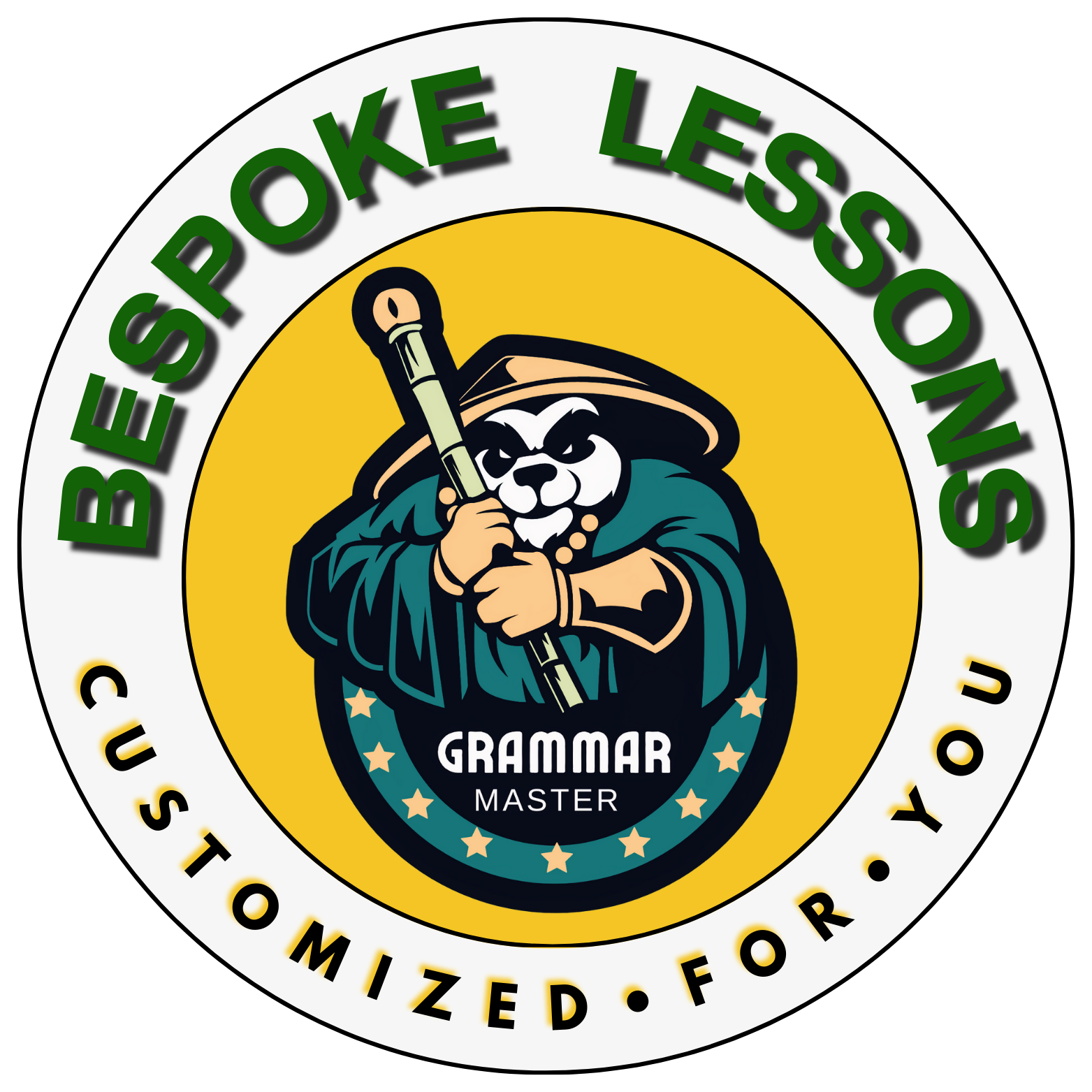What is Point of View and Why is It Important?
Published: 11-10-2023
Level: CEFR B1+
Point of View (POV) in storytelling refers to the perspective from which a story is told. It determines how much the narrator knows, whose thoughts and feelings are revealed, and how the reader connects with the characters. Choosing the right POV is crucial as it shapes the reader’s experience, influences how the story unfolds, and builds emotional engagement.
Use Grammar Master’s POV Cheatsheet to explore the different types of POV, their unique features, and examples to sharpen your storytelling skills!
|
Grammar Master’s POV Cheatsheet |
||
| Point of View (POV) | Description | Example Sentence |
| First Person | The narrator is a character in the story and uses “I” or “we” to tell the story. | “I walked to the kitchen window and saw an unfamiliar waiting for someone.” |
| Second Person | The narrator directly addresses the reader using “you.” | “You walk into a dark room, unsure of what to expect.” |
| Third Person Limited | The narrator is an outsider who knows the thoughts and feelings of only one character. Uses “he,” “she,” or character’s name. | “She looked out of the window, wondering what the car was doing.” |
| Third Person Omniscient | The narrator is an all-knowing observer who knows the thoughts and feelings of multiple characters. Uses “he,” “she,” or character’s names. | “He couldn’t believe it, but she already knew the surprise he had planned.” |
| Third Person Objective | The narrator is an outsider who only describes actions and dialogue without revealing any character’s thoughts or feelings. | “She smiled and waved as Lawrence, Kent, Patrick and Ophelia walked away, not knowing what time they would return.” |
| Third Person Unreliable | The narrator is an outsider, but their credibility or accuracy in presenting events or character thoughts can be questionable. | “He thought she was a villain for not agreeing to go to the beach with them that afternoon. ” (He told her that he understood that she was jet lagged, so this seems counter to what we had read). |





